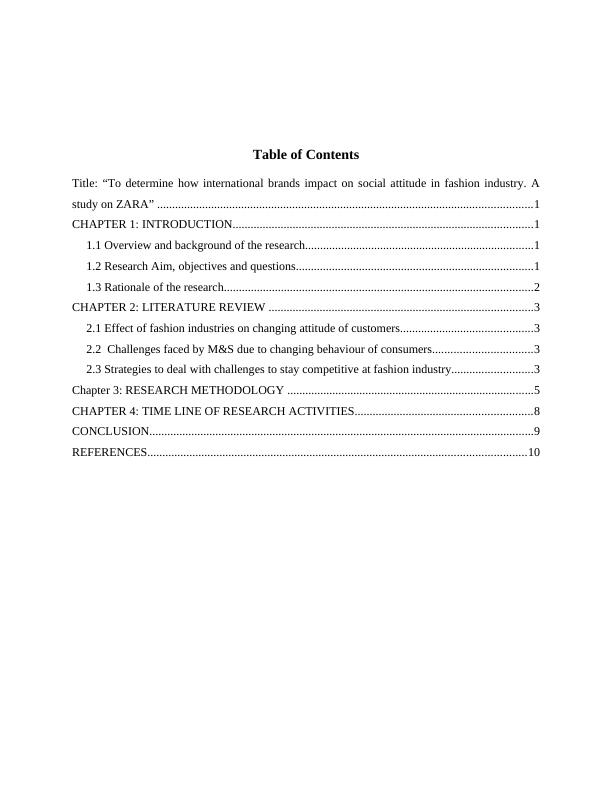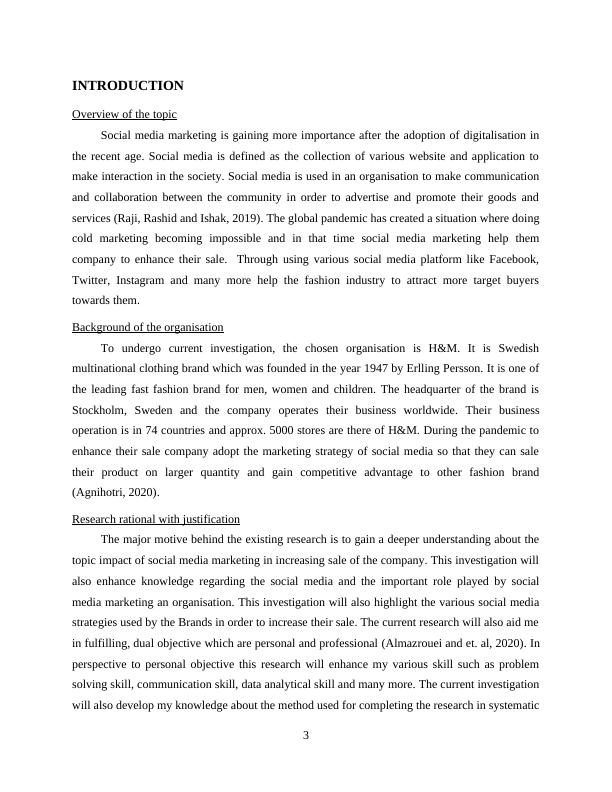The Impact Of Social Media On Fashion

In today’s digital landscape, social media has become a powerful force shaping various industries, and fashion is no exception. The impact of social media on fashion is profound, transforming how brands market their products and how consumers engage with trends. Understanding this shift is essential for fashion marketers, brands, and influencers looking to thrive in a rapidly evolving environment.

The Evolution of Fashion in the Age of Social Media
Social media has fundamentally changed the fashion industry over the past decade. Initially, fashion was dictated by top designers and magazines. However, platforms like Instagram and TikTok have democratized fashion, allowing everyone to participate in trendsetting.
According to a report by McKinsey & Company, 75% of consumers have changed how they shop due to social media. These platforms have created a space where trends can emerge overnight, driven by user engagement rather than traditional fashion cycles.
Key Social Media Platforms Impacting Fashion
Instagram Fashion Trends
Instagram has become the go-to platform for fashion inspiration. With over 1 billion active users, it’s a visual marketplace where brands showcase new collections and engage with consumers. Instagram fashion trends often start with viral hashtags or influencer posts. For instance, the #OOTD (Outfit of the Day) hashtag has spurred countless trends, from street style to luxury fashion.

Moreover, features like Instagram Shopping allow users to purchase items directly from posts, merging content with commerce seamlessly. This integration enhances the shopping experience, making it more intuitive for consumers.
TikTok Fashion Impact
TikTok is another platform making waves in the fashion industry. Known for its short, engaging videos, TikTok has introduced a new way for trends to gain momentum. For example, the "Get Ready With Me" videos have become immensely popular, showcasing real people trying on outfits and sharing styling tips.
A study by Vogue Business revealed that 63% of TikTok users have discovered a new fashion brand through the app. The platform's algorithm favors creativity and authenticity, allowing emerging designers and small brands to gain visibility quickly.

The Role of Influencers in Fashion Marketing
Fashion influencers play a crucial role in shaping trends and brand perceptions. These individuals have built loyal followings, making them valuable partners for brands. Collaborations with influencers can boost a brand's reach significantly.
For instance, when major brand H&M partnered with influencer Chiara Ferragni, the campaign generated over 1 million likes in just a few days. This collaboration not only increased sales but also enhanced the brand's visibility among younger consumers.
Influencers often create authentic content that resonates with their audience, making their endorsements more effective than traditional advertising. In fact, according to a report by the Fashion Institute of Technology, 82% of consumers trust recommendations from influencers more than traditional advertisements.

User-Generated Content and Its Significance
User-generated content (UGC) has become a vital component of fashion marketing strategies. This content, created by consumers rather than brands, helps build community and authenticity. When customers share their own experiences with a brand, it fosters trust and loyalty.
For example, the #AerieREAL campaign by Aerie encouraged customers to post unfiltered photos in their lingerie. This initiative not only empowered customers but also led to a significant increase in brand engagement, with Aerie seeing a 20% increase in sales following the campaign.
Brands that embrace UGC can create a more inclusive and engaging brand image, appealing to today’s socially conscious consumers.
Case Studies: Successful Fashion Campaigns on Social Media
-
Fashion Nova: This brand leveraged Instagram influencers effectively, generating over $1 billion in revenue. Their strategy included micro-influencers who shared authentic content, making the brand relatable.
-
Gucci’s #GucciGram: Gucci encouraged artists to reinterpret their iconic designs on social media. This campaign not only showcased creativity but also engaged a broader audience, leading to increased brand awareness.
-
Nike’s #Breaking2: Nike used social media to document their attempt to break the two-hour marathon barrier. By engaging with audiences in real-time, they built anticipation and excitement around the event.
-
ASOS’s #AsSeenOnMe: ASOS encouraged customers to share their outfits on social media. This UGC campaign enhanced customer engagement and showcased the diversity of their clothing line.
-
Revolve’s #RevolveAroundTheWorld: Revolve hosted influencer trips around the globe, showcasing their clothing in various settings. This not only generated buzz but also highlighted the lifestyle associated with their brand.
Challenges and Considerations for Fashion Brands
While social media offers numerous opportunities, it also presents challenges. Brands must navigate the fast-paced nature of trends and maintain their identity while appealing to a broad audience. Additionally, the rise of cancel culture can pose risks for brands that fail to align with consumer values.
Moreover, digital marketing in fashion requires a strategic approach. Brands must balance authenticity and promotional content to avoid alienating their audience.
Conclusion
The impact of social media on fashion is undeniable. It has transformed how trends emerge, how brands market themselves, and how consumers engage with fashion. As platforms evolve, so will the strategies that brands employ to connect with their audience. By understanding these dynamics, fashion marketers can thrive in this digital-first world. Embrace the change and leverage social media to unlock new opportunities for your brand.
